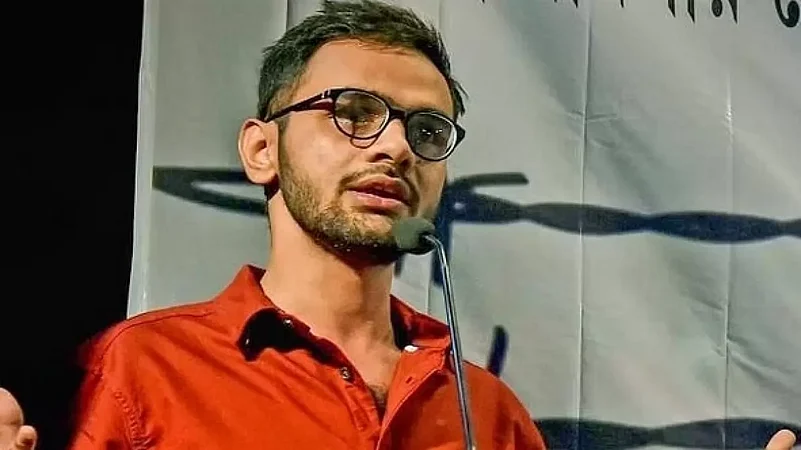In an unexpected twist, the bail application of Umar Khalid, the former JNU student entangled in the UAPA web of charges related to the Delhi riots, has been mysteriously removed from today's hearing schedule. The move is believed to be linked to the bench dynamics, including Justice Prashant Kumar Mishra's recent recusal, raising questions about the ongoing legal tussle.
Supreme Court Justice Prashant Kumar Mishra, who recused himself from Umar Khalid's case last week, has now cast a shadow on the proceedings by his bench's decision to exclude the bail plea from today's list of matters. This development marks yet another chapter in Khalid's arduous legal journey, which commenced when he was apprehended in September 2020 in connection with the UAPA charges.
Having languished in custody for over 1050 days, Umar Khalid's pursuit of justice encountered a recent setback when the highest court postponed his bail hearing until July 24. The application, linked to the complex tangle of events surrounding the North-East Delhi riots in February 2020, sought to challenge the Delhi High Court's denial of bail to Khalid.
Khalid's bail quest underscores the intricate legal battle that has been ongoing since his initial plea in the High Court. Facing accusations ranging from criminal conspiracy to participation in rioting, he contests any "conspiratorial involvement" and maintains his innocence in the violence that shook the North-East region of Delhi. The Delhi Police, opposing his plea for bail, presented their counterarguments, further muddying the legal waters.
Umar Khalid's narrative intertwines with a larger cast of individuals ensnared by the UAPA provisions within the same case. Names like Sharjeel Imam, activist Khalid Saifi, JNU students Natasha Narwal and Devangana Kalita, and others have become synonymous with this intricate legal tapestry. The backdrop of the Citizenship Amendment Act (CAA) and the National Register of Citizens (NRC) protests adds complexity to the case, reminding us of the turbulent times that led to 53 casualties and over 700 injuries.


























